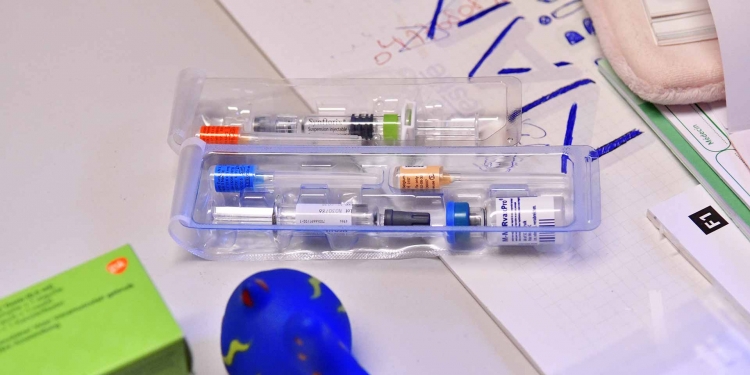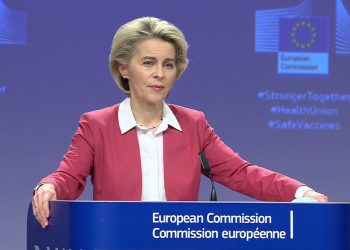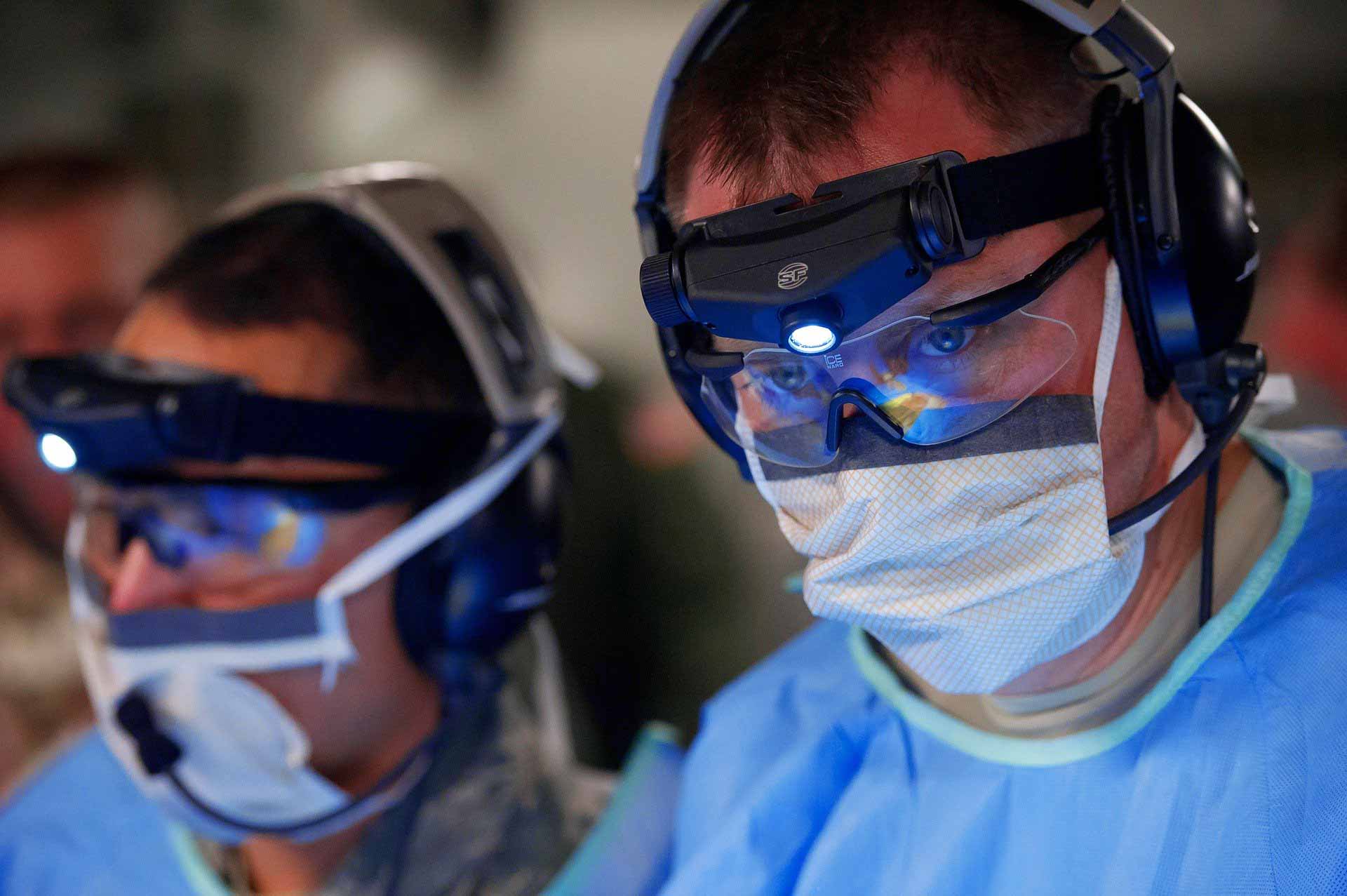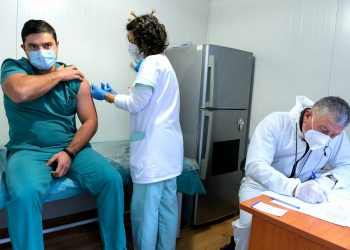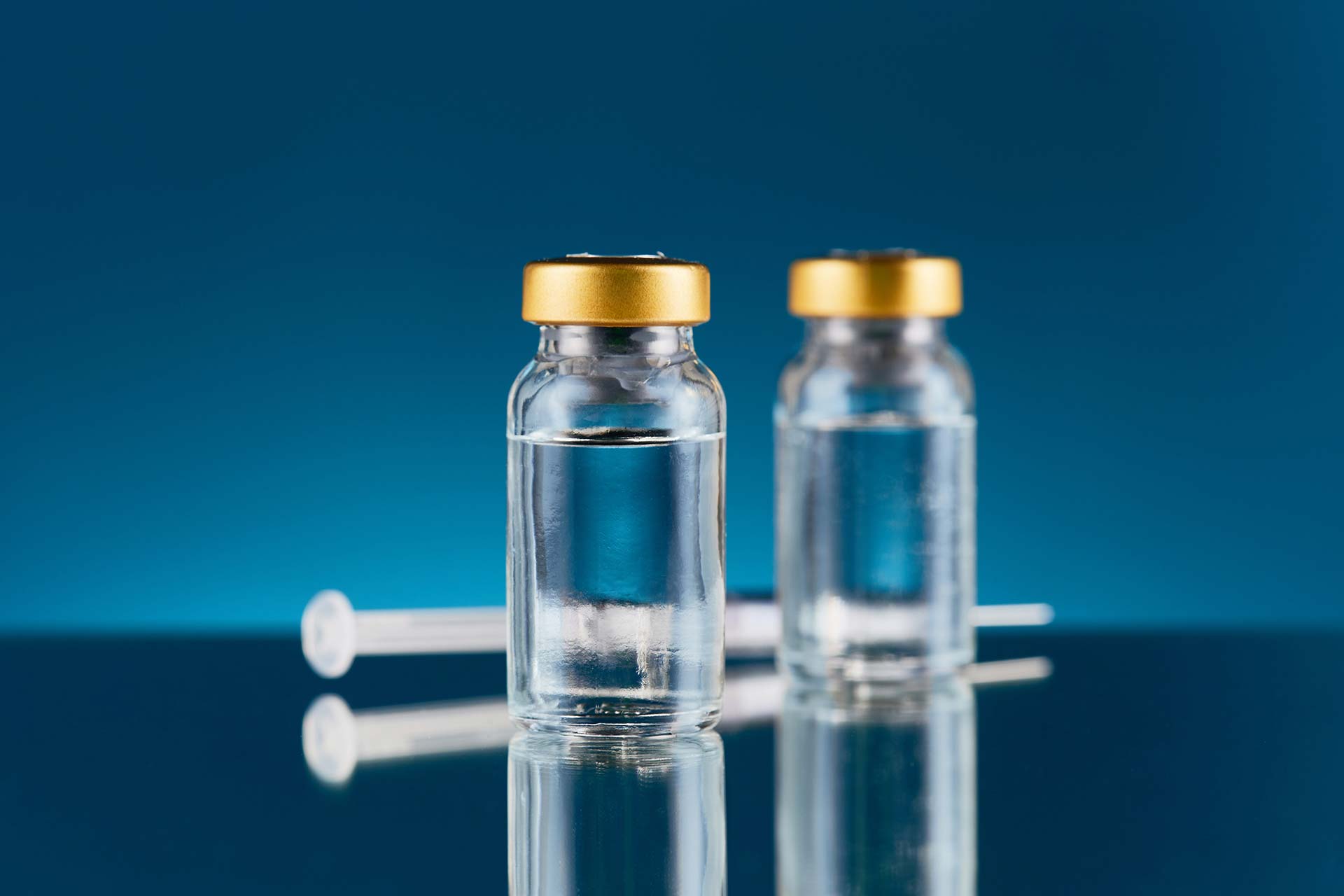EU ensures that everyone who needs a vaccine gets it, anywhere in the world and not only at home. European Commission has reached a first agreement with the pharmaceutical company AstraZeneca to purchase a potential vaccine against COVID-19 as well as to donate to lower and middle income countries or re-direct to other European countries. This is a positive step following talks with Sanofi-GSK announced on 31 July and with Johnson & Johnson on 13 August. Once the vaccine has proven to be safe and effective against COVID-19, the EU now has agreed the basis for a contractual framework for the purchase of 300 million doses of the AstraZeneca vaccine, with an option to purchase 100 million more, on behalf of EU Member States. The Commission continues discussing similar agreements with other vaccine manufacturers.
The European Commission’s intense negotiations continue to achieve results. Today’s agreement is the first cornerstone in implementing the European Commission’s Vaccines Strategy. This strategy will enable us to provide future vaccines to Europeans, as well as our partners elsewhere in the world.
Ursula von der Leyen, President of the European Commission
The agreement approved today will be financed with the Emergency Support Instrument, which has funds dedicated to the creation of a portfolio of potential vaccines with different profiles and produced by different companies.
Today, after weeks of negotiations, we have the first EU advance purchase agreement for a vaccine candidate. I would like to thank AstraZeneca for its constructive engagement on this important agreement for our citizens. We will continue to work tirelessly to bring more candidates into a broad EU vaccines portfolio. A safe and effective vaccine remains the surest exit strategy to protect our citizens and the rest of the world from the coronavirus.
Stella Kyriakides, Commissioner for Health and Food Safety
Company exploring further additional global
capacity to provide broad and equitable access
AstraZeneca’s vaccine candidate is already in large-scale Phase II/III Clinical Trials after promising results in Phase I/II concerning safety and immunogenicity.
The decision to support the vaccine proposed by AstraZeneca is based on a sound scientific approach and the technology used (a non-replicative recombinant chimpanzee adenovirus-based vaccine ChAdOx1), speed at delivery at scale, cost, risk sharing, liability and the production capacity able to supply the whole of the EU, among others.
AstraZeneca to supply Europe with up to 400 million doses of Oxford University’s vaccine at no profit
The regulatory processes will be flexible but remain robust. Together with the Member States and the European Medicines Agency, the Commission will use existing flexibilities in the EU’s regulatory framework to accelerate the authorisation and availability of successful vaccines against COVID-19. This includes an accelerated procedure for authorisation and flexibility in relation to labelling and packaging.
Good news for EU public Health
No one will be safe until everyone is safe
The European Commission presented on 17 June a European strategy to accelerate the development, manufacturing and deployment of effective and safe vaccines against COVID-19. In return for the right to buy a specified number of vaccine doses in a given timeframe, the Commission would finance part of the upfront costs faced by vaccines producers in the form of Advance Purchase Agreements. Funding provided would be considered as a down-payment on the vaccines that will actually be purchased by Member States.
Since the high cost and high failure rate make investing in a COVID-19 vaccine a high-risk decision for vaccine developers, these agreement will therefore allow investments to be made that otherwise would simply probably not happen.
Everyone who needs a vaccine gets it
EU ensures that everyone who needs a vaccine gets it, anywhere in the world and not only at home. No one will be safe until everyone is safe. This is why it has raised almost €16 billion since 4 May 2020 under the Coronavirus Global Response, the global action for universal access to tests, treatments and vaccines against coronavirus and for the global recovery.
Oxford University – Phase II/III UK trial of AZD1222
Oxford University last month announced the start of a Phase II/III UK trial of AZD1222 in about 10,000 adult volunteers. Other late-stage trials are due to begin in a number of countries. AstraZeneca recognises that the vaccine may not work but is committed to progressing the clinical programme with speed and scaling up manufacturing at risk.
AstraZeneca continues to build a number of supply chains in parallel across the world, including for Europe. The Company is seeking to expand manufacturing capacity further and is open to collaborating with other companies in order to meet its commitment to support access to the vaccine at no profit during the pandemic.
Pascal Soriot, Chief Executive Officer, said: “This agreement will ensure that hundreds of millions of Europeans have access to Oxford University’s vaccine following approval. With our European supply chain due to begin production soon, we hope to make the vaccine available widely and rapidly. I would like to thank the governments of Germany, France, Italy and the Netherlands for their commitment and swift response.”
700 million vaccine doses
The Company has recently completed similar agreements with the UK, US, the Coalition for Epidemic Preparedness Innovations and Gavi the Vaccine Alliance for 700 million doses, and it agreed a licence with the Serum Institute of India for the supply of an additional one billion doses, principally for low- and middle-income countries. Total manufacturing capacity currently stands at two billion doses.
The Company’s comprehensive pandemic response includes rapid mobilisation to discover novel coronavirus-neutralising antibodies to prevent and treat progression of the COVID-19 disease. Research effors work with the aim of reaching clinical trials in the next three to five months. Additionally, AstraZeneca has quickly moved into testing of new and existing medicines to treat the infection. This testing includes the CALAVI trials underway for Calquence (acalabrutinib) and the DARE-19 trial for Farxiga (dapagliflozin) in COVID-19 patients.
Inclusive Vaccines Alliance (IVA)
Europe’s Inclusive Vaccines Alliance (IVA), spearheaded by Germany, France, Italy and the Netherlands aims to accelerate the supply of the vaccine. IVA will make it available to other European countries that wish to participate in the initiative. The IVA is committed to providing equitable access to all participating countries across Europe.

